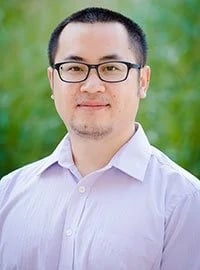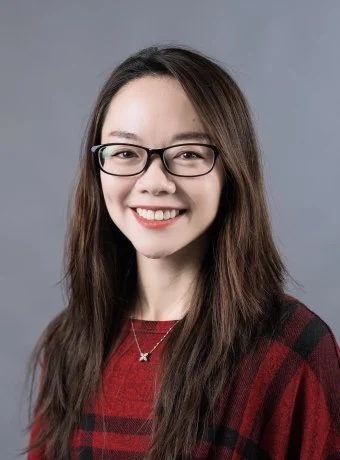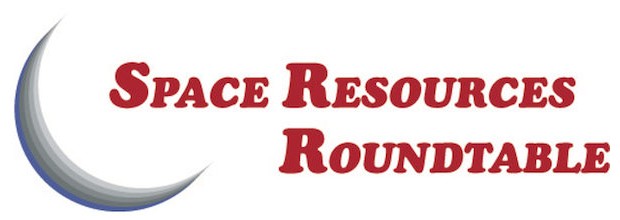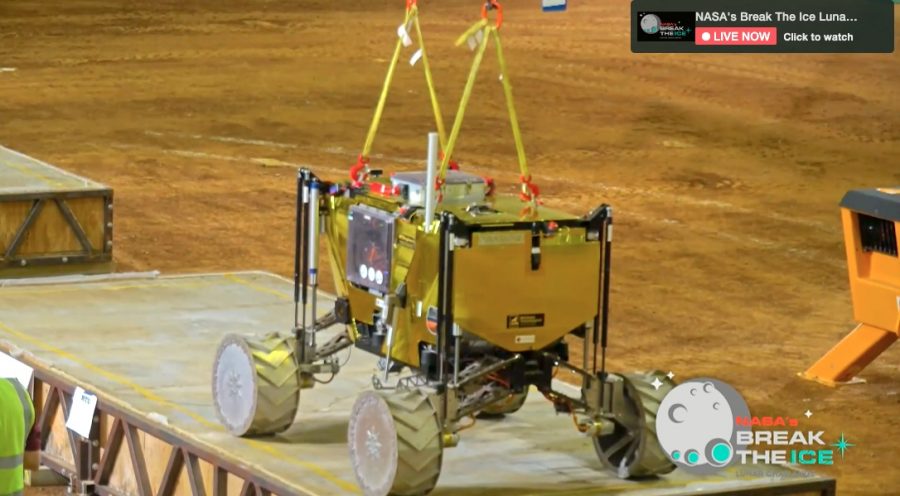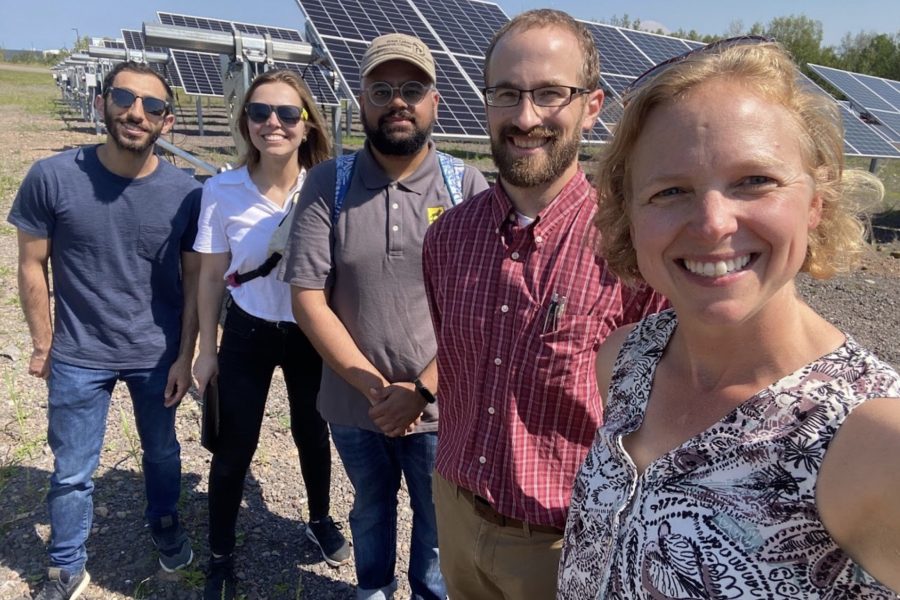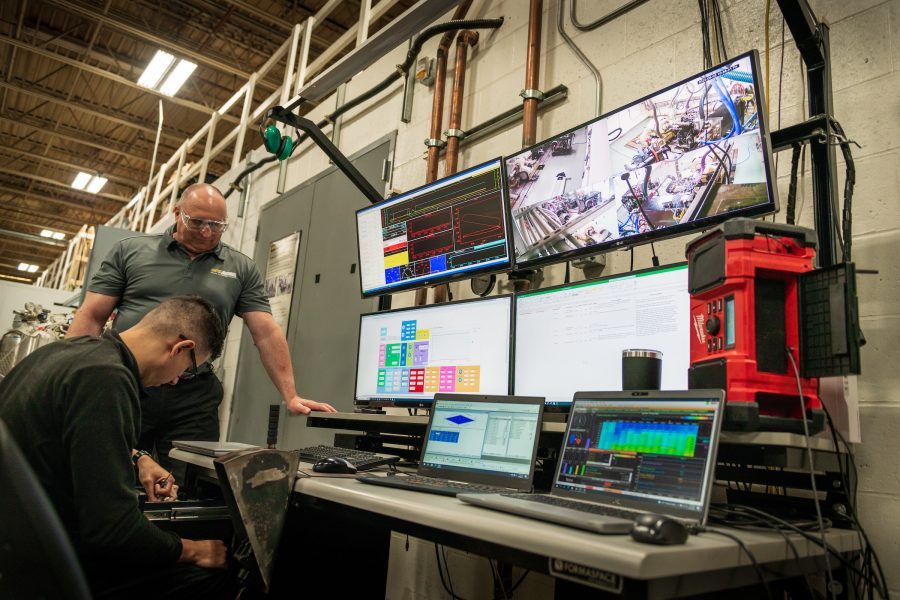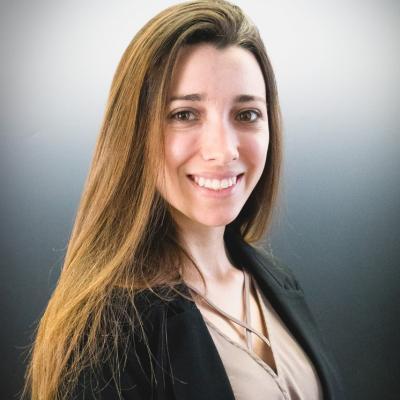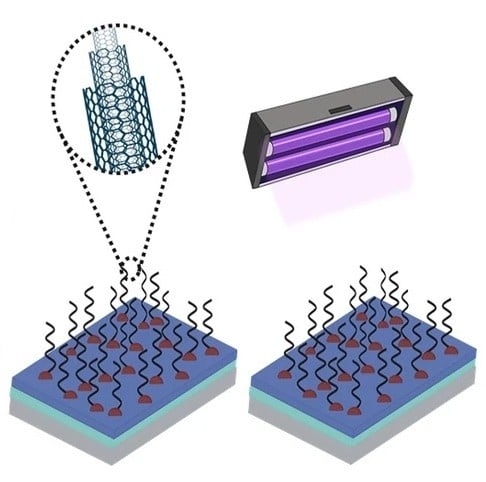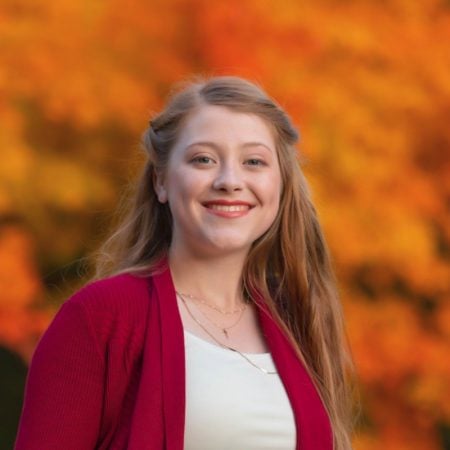Faculty Q&A: Meet Fei Long, assistant professor of mechanical and aerospace engineering at Michigan Tech
Assistant Teaching Professor Fei Long joined the MAE Department in 2013, first as a post-doctoral research associate for one year, and then as an instructor and faculty member. His areas of research expertise include nanomaterials and scanning probe microscopy, sustainable manufacturing, Machine Learning, and waste characterization and recycling.
What drew you to Michigan Tech?
FL: My journey here has been somewhat unique, but I feel fortunate to be at Michigan Tech. After my Ph.D., I worked as an application scientist at Bruker, a scientific instrument company. While I gained valuable experience, the travel-intensive nature of the job led me to seek a return to academia.
It was a bit of serendipity that Professor Reza Shahbazian-Yassar posted a postdoc opening at Michigan Tech in a Bruker user forum. I reached out, we had a great conversation, and I began my postdoc in what is now the Department of Mechanical and Aerospace Engineering (MAE). Following my postdoc, I continued teaching in MAE while growing my research and publications, and in fall 2024, I was thrilled to join the department as a tenure-track assistant professor. Beyond the professional opportunities, both my wife and I appreciate the friendly and supportive people at Michigan Tech, and the peace and natural beauty of Houghton. Coming from a huge city like Shanghai (with its 24.8 million people!), we’ve truly embraced the Yooper lifestyle.
